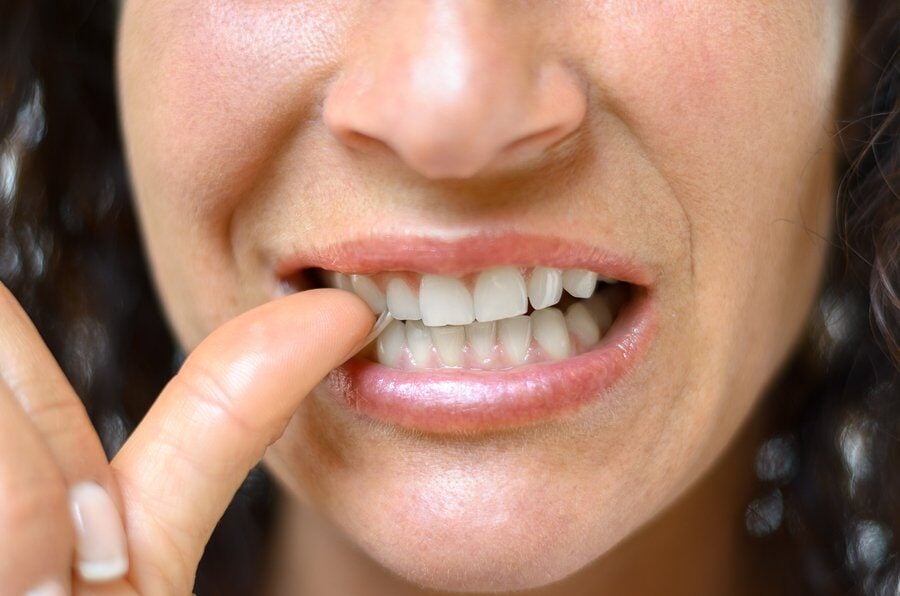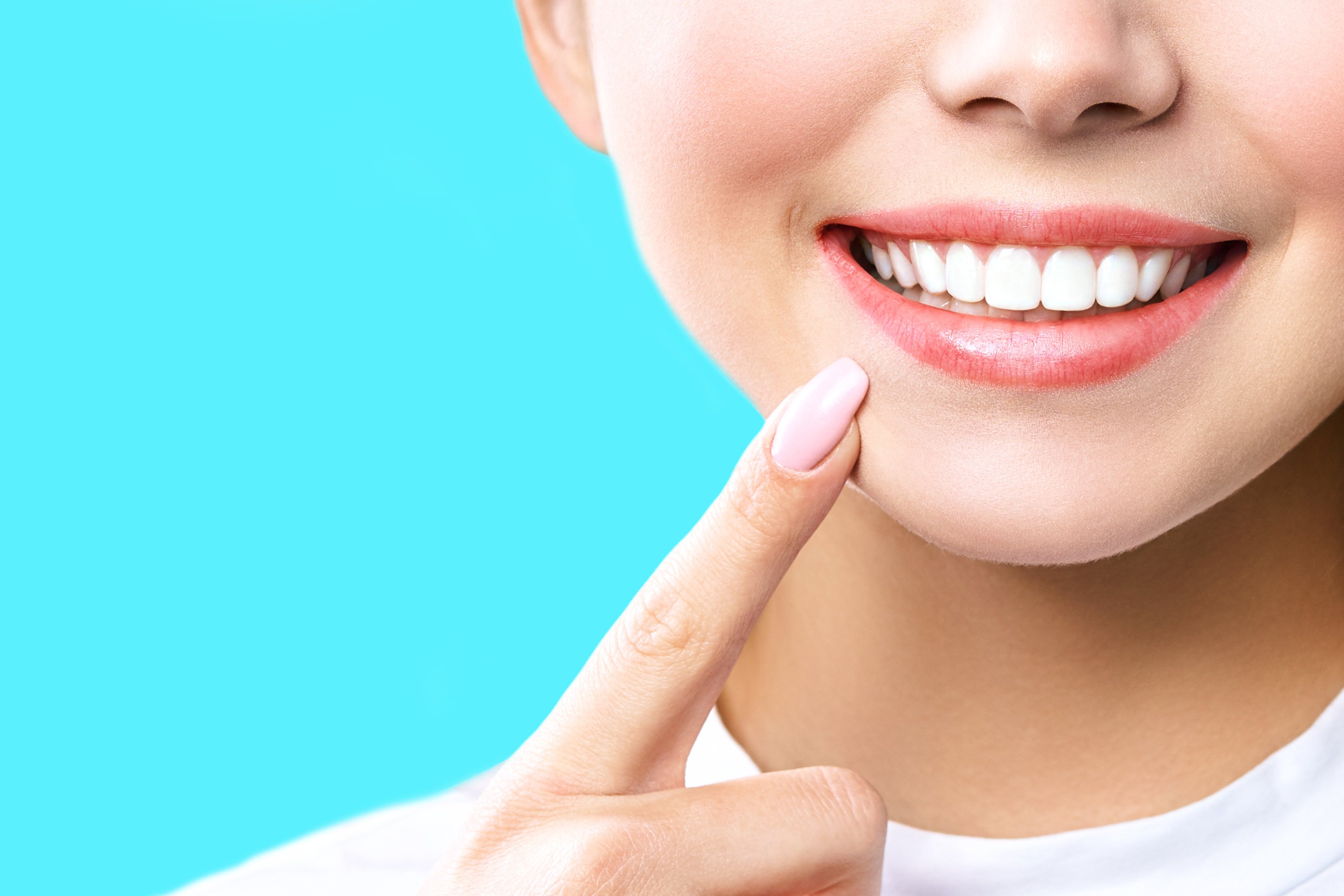4 Harmful Consequences of Nail Biting and How to Stop

Summarize with AI
Most people regard nail-biting as a harmless habit. In reality, it can pose troubling risks that extend well beyond your manicure. If you have a nail-biting habit, learn why you should seriously commit to quitting.
What Happens When You Bite Your Nails Too Much?
While they may look clean, your fingernails can harbor dangerous bacteria, including E. coli and salmonella.
According to experts, nail-biting and infection go hand-in-hand, because the act transmits these bacteria from the fingers to the mouth and gut, where they can cause severe gastrointestinal infections.
Nail biting effects don't just end there, however. Habitual nail nibblers can also develop paronychia, a nasty infection of the fingertips that leads to redness, swelling and pus that must be surgically drained from the nail bed.
If that's not enough to keep your fingers out of your mouth, there's more. According to the American Dental Association, nail biting can chip or crack teeth. They can also increase the risk of root resorption and tooth loss for people who have braces.
Research also suggests that nail biters are much more likely to develop bruxism, the unintentional act of grinding the teeth, which can cause headaches, facial pain, recessed gums, tooth sensitivity and even tooth loss.
How to Stop Biting Your Fingernails
Many people struggle to stop biting their nails, because the act either soothes their stress or has become an unconscious habit.
The ADA recommends that patients try bitter-tasting nail polishes to reduce the appeal of nail-biting. You should also look for ways to reduce stress, while setting small, realistic goals that won't make you feel overwhelmed. If specific situations trigger your nail biting habit, you can try holding something in your hands during these moments. Exercise and mindful meditation may also be useful for people who struggle with anxiety and stress.
Getting Regular Dental Checkups
While it's important for everyone to schedule routine dental examinations; it is even more important if you bite your fingernails. Your dentist will be able to inspect for damage related to your habit and recommend strategies to help you avoid future problems.
In certain instances, patients find it is easier to avoid nail biting when they wear a mouthguard temporarily. Some dentists can also provide therapy techniques, such as learning to rest the tongue upward, while holding the teeth apart and the lips shut. This helps to keep the issue at the forefront of the patient's mind until he or she is able to break the habit for good.
.png)

